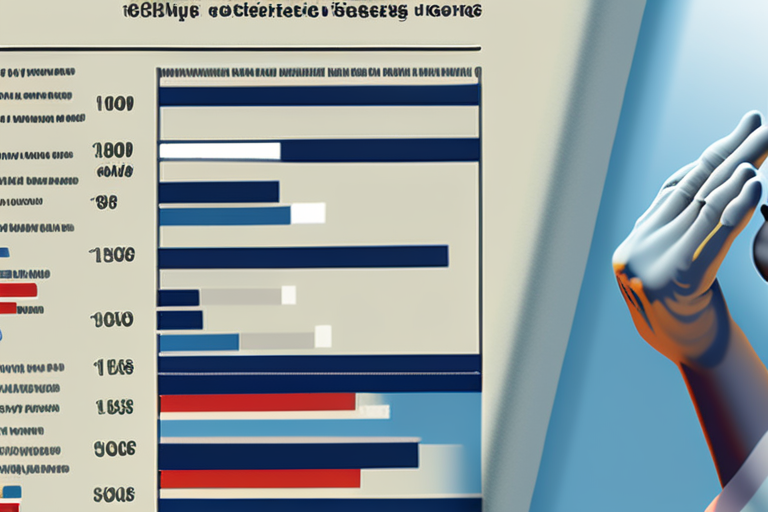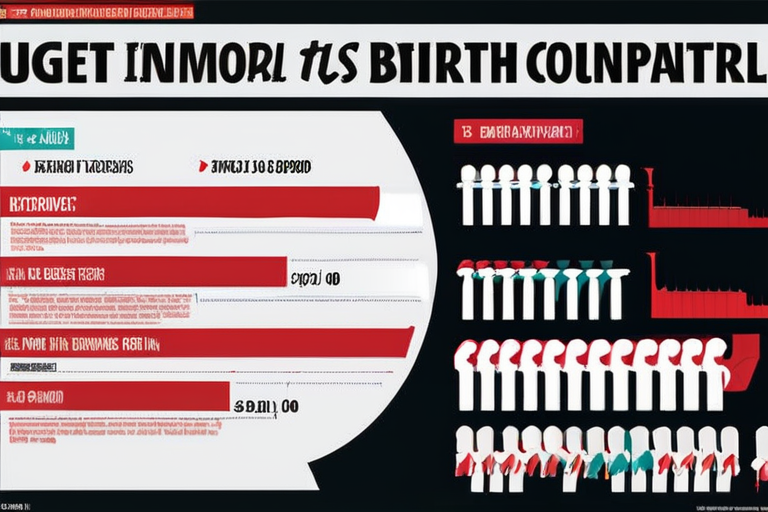A stock of U.S.-bought birth control, meant for sub-Saharan Africa, goes bad in Belgium
The U.S. government's efforts to provide contraceptives to sub-Saharan Africa have hit a significant snag. According to officials, a stockpile of birth control purchased by the U.S. has been sitting in a warehouse in Geel, Belgium, since July, and an additional supply has been identified in another Belgian warehouse. However, a local official revealed that due to improper storage, those products are largely unusable.
The stockpile, originally valued at $9.7 million, has been a contentious issue since the Trump administration scaled back foreign aid earlier this year. The U.S. Agency for International Development (USAID) had planned to distribute the contraceptives to sub-Saharan Africa, where access to family planning resources is often limited. However, the aid was put on hold, and the stockpile has been stuck in Belgium ever since.
Financial details and metrics reveal that the stockpile, which was intended for distribution in 2023, has a shelf life of up to two years. However, due to improper storage, the products in the second warehouse have gone bad, rendering them unusable. This has significant implications for the U.S. government's foreign aid efforts and the companies involved in the supply chain.
Market impact and context suggest that the situation highlights the complexities of global supply chains and the challenges of distributing aid to remote regions. The U.S. government's decision to scale back foreign aid has had far-reaching consequences, including the stockpiling of goods that are no longer usable. This has also raised questions about the effectiveness of the U.S. government's aid programs and the need for more efficient and effective distribution methods.
Company and industry background reveal that the contraceptives were purchased from a variety of manufacturers, including Pfizer and Merck. The companies involved in the supply chain have not commented on the situation, but industry experts suggest that the improper storage of the products has significant implications for the companies involved.
Future outlook suggests that the situation will have long-term implications for the U.S. government's foreign aid efforts and the companies involved in the supply chain. The U.S. government will need to re-evaluate its aid programs and distribution methods to ensure that goods are delivered efficiently and effectively. Companies involved in the supply chain will also need to reassess their storage and distribution practices to prevent similar situations in the future.
In terms of financial impact, the U.S. government has already incurred significant costs associated with the stockpiled contraceptives. The original value of the stockpile was $9.7 million, but the cost of storing and maintaining the products has likely added to this total. The U.S. government will also need to consider the costs associated with disposing of the unusable products and re-evaluating its aid programs.
The situation also raises questions about the effectiveness of the U.S. government's aid programs and the need for more efficient and effective distribution methods. The U.S. government will need to re-evaluate its aid programs and distribution methods to ensure that goods are delivered efficiently and effectively. Companies involved in the supply chain will also need to reassess their storage and distribution practices to prevent similar situations in the future.



























Share & Engage Share
Share this article